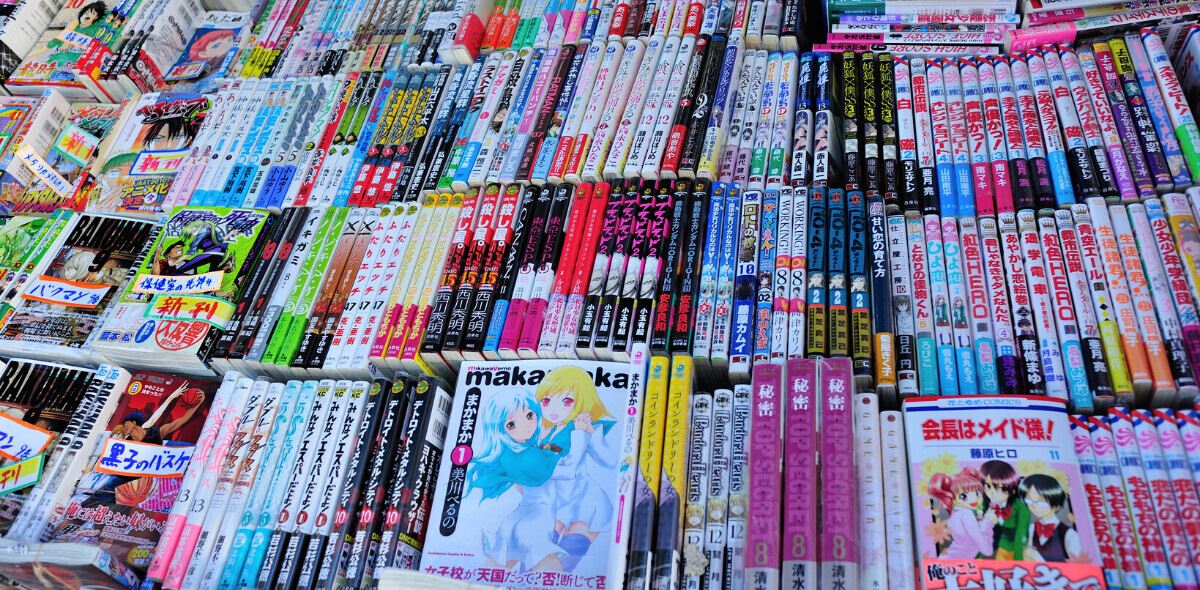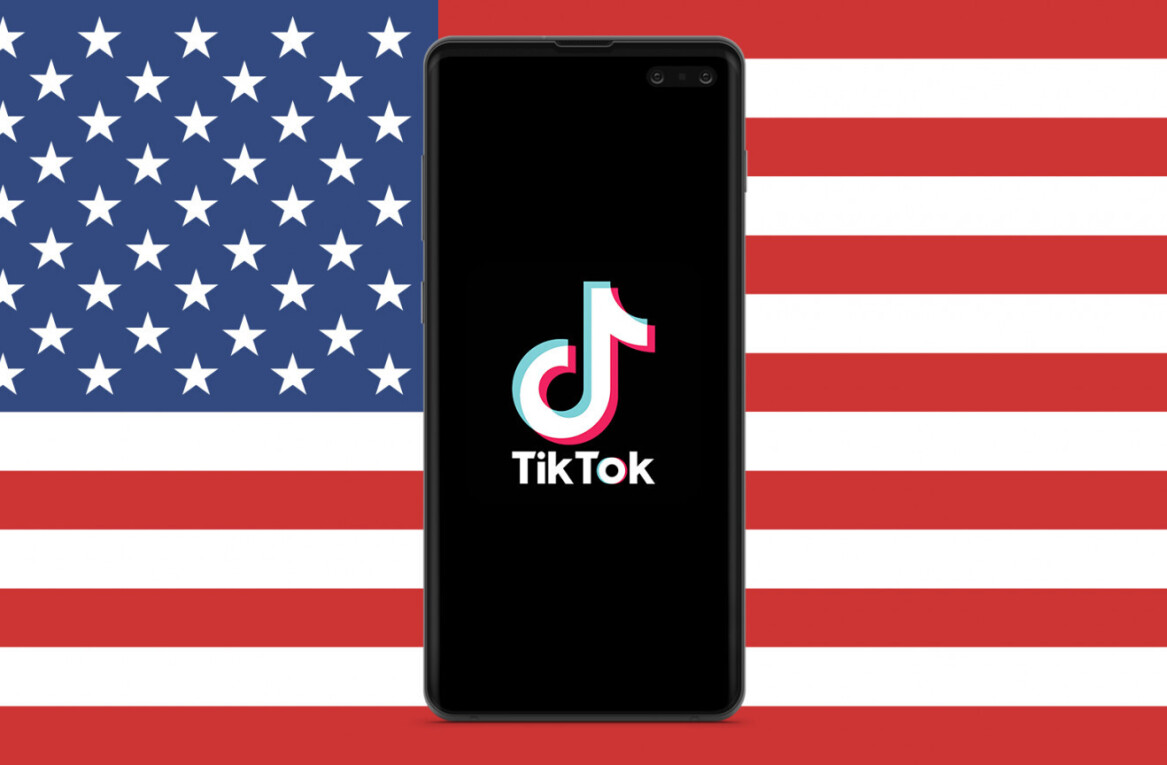
Protests have erupted in southern China after the Guangdong propaganda department rewrote a New Year editorial for the Southern Weekend newspaper.
The government has an escalated situation on its hands now that the publication’s journalists have gone on strike and have received support from students and netizens.
If you’re just tuning in now, the South China Morning Post has assembled a helpful timeline tracking developments in the story. Guangdong official Tuo Zhen reportedly edited the New Year’s letter without the permission of its authors. The original letter called for reform and democracy, while the revised version had been “harmonized” and included an introduction by Tuo. Chinese media are required to submit their publications for approval for censors, but the unauthorized edits are a departure from an unusually strong measure.
Though Tuo originally began his career as a tenacious journalist, his political ascension has been accompanied by a transformation into a “hardline censor”, according to the SCMP.
Microblogging service Sina Weibo has been the site of much of the controversy. Southern Weekend editors took to Weibo to deny the New Year letter, but they were soon ordered to hand over the passwords to their Weibo accounts. A purported leak of a memo from the Central Propaganda Department specifically instructed media members to avoid discussing the issue on their official or individual Weibo accounts.
With Chinese citizens continuing to voice support for Southern Weekend, even going so far as to join in the protests, new head of state Xi Jinping will be closely watched for how he will respond to the incident. Xi himself toured the south part of China last December, echoing a similar trip by former leader Deng Xiaoping in 1992. The politician has taken up a battle cry for the “Chinese dream”, which was the topic of the controversial editorial.
Southern Weekend’s plight has attracted the support of other media outlets, companies and several celebrities, though some of them did so through oblique quotes on Weibo. All of the characters in Southern Weekend’s name were censored on Weibo at one point.
At this point, it seems unlikely that the government will back down completely, though they may make a move to defuse the situation. Given the Communist Party’s recent moves to tighten control of the Internet, it will feel threatened by the calls for freedom of speech and a free press that have been ignited by this controversy.
Image credit: iStockPhoto
Get the TNW newsletter
Get the most important tech news in your inbox each week.




